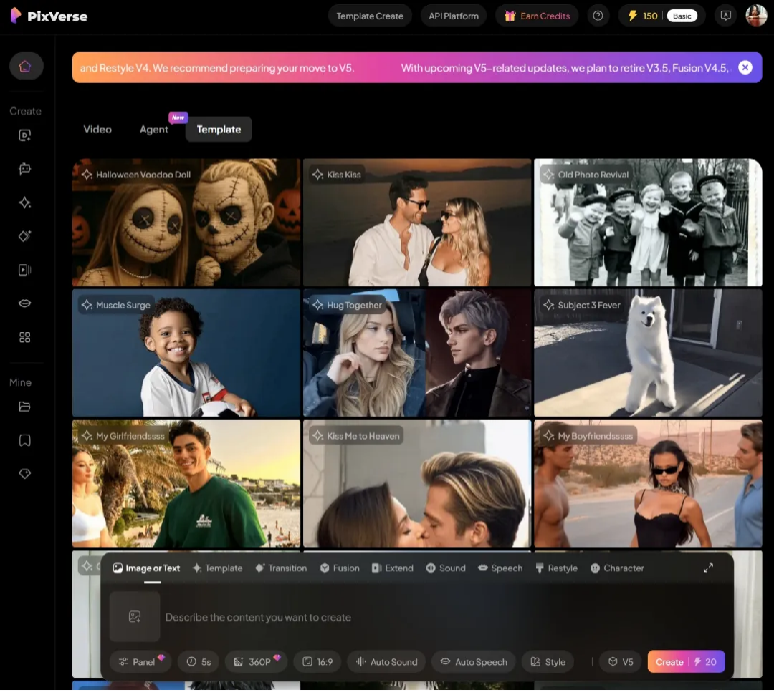According to a new study by the National Bureau of Economic Research, despite the rapid adoption of AI chatbots like ChatGPT in the workplace, their impact on employee wages and working hours remains negligible so far. The research surveyed around 25,000 Danish employees from 7,000 workplaces between 2023 and 2024, focusing on 11 professions including accounting, customer service, financial consulting, IT support, journalism, law, marketing, software development, and teaching.

Image source note: Image generated by AI, image authorized service provider Midjourney
Researchers analyzed the data by correlating self-reported employee information with government records of wages, working hours, and employment status. To measure time savings, the study primarily relied on employees' self-estimates of how much time they saved when using AI chatbots. However, the study did not track the specific time spent on tasks, which may affect the accuracy of the results. Additionally, employees might underestimate or misreport time savings due to concerns about the impact on their jobs.
The survey results show that the use of AI chatbots is already quite widespread in the workplace. Among the respondents, 64% said they had used such tools in their work. In companies actively promoting AI adoption, the usage rate was even higher, reaching 83%. About 38% of companies also used customized chatbots, and 30% of employees participated in AI-related training. These measures seem to help narrow the usage gap; for example, when companies promoted AI usage, the gap between male and female users decreased from 12 percentage points to 5 percentage points. However, despite the rising usage rates, productivity gains remain limited, with employees saving an average of only 2.8% of their working time using AI chatbots.
The study also compared employee wage and working hour data before and after ChatGPT's launch in November 2022, showing no significant differences between employees who used AI chatbots and those who did not. Even in cases of high usage rates or targeted employer support, there were no noticeable changes in wages or working hours. Statistical analysis ruled out the possibility of an average wage impact greater than 1%. At the company level, overall wages, working hours, or employee retention rates showed no detectable effects.
Although many employees reported that AI chatbots helped them improve creativity or work quality, and 17% of users said they took on additional responsibilities, these changes did not manifest in traditional labor market indicators. The authors mentioned the concept of the "productivity J curve," suggesting that the true economic benefits of new technologies often only become apparent after businesses adjust their processes to fully leverage the technology.
Key Takeaways:
💼 The study shows that AI chatbots have a negligible impact on wages and working hours, with no clear changes in statistical data.
📊 The survey shows that 64% of respondents use AI tools in their work, but employees save an average of only 2.8% of their working time.
🛠️ Despite new responsibilities emerging, traditional labor market indicators like wages and working hours remain stable.










